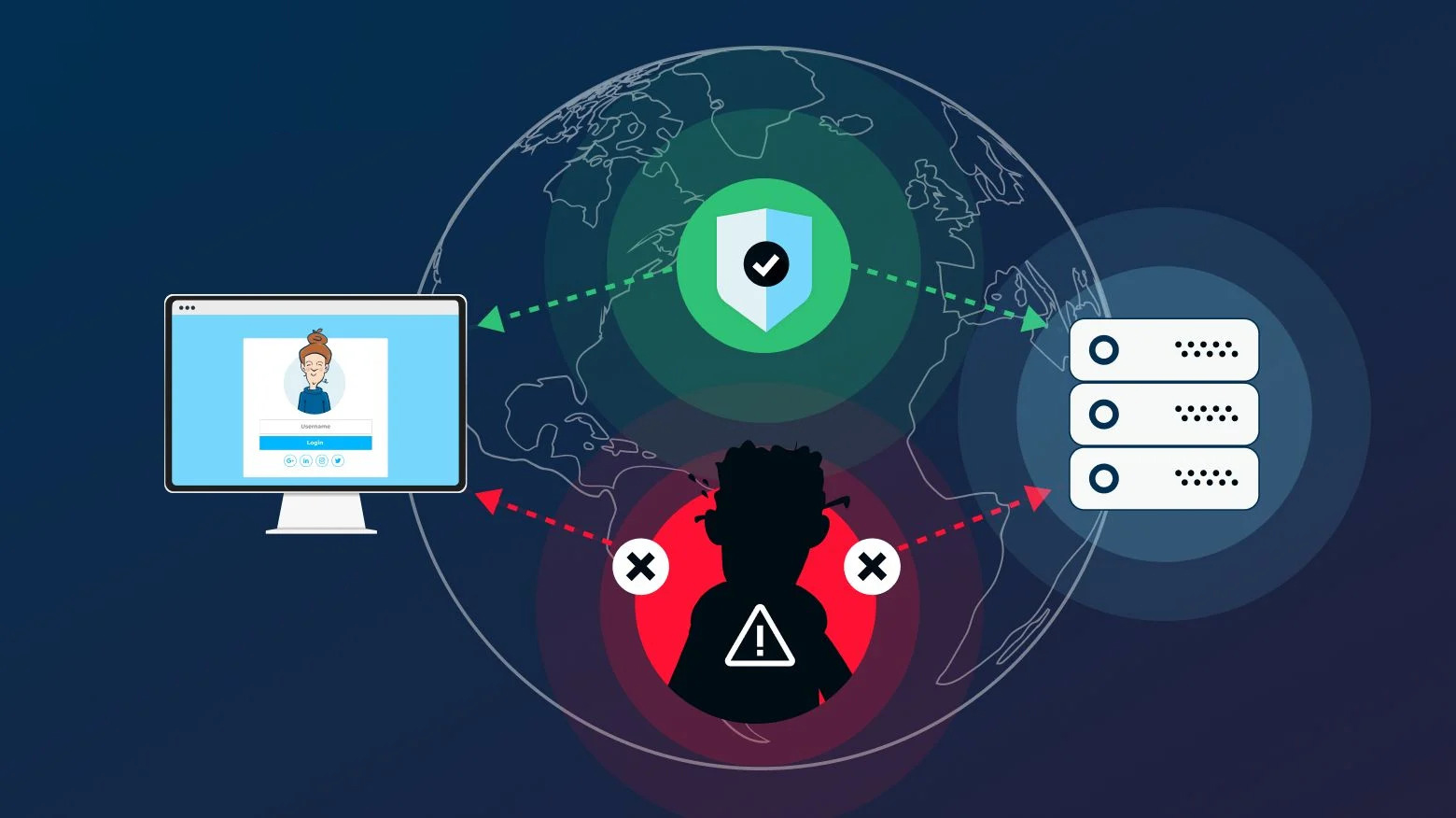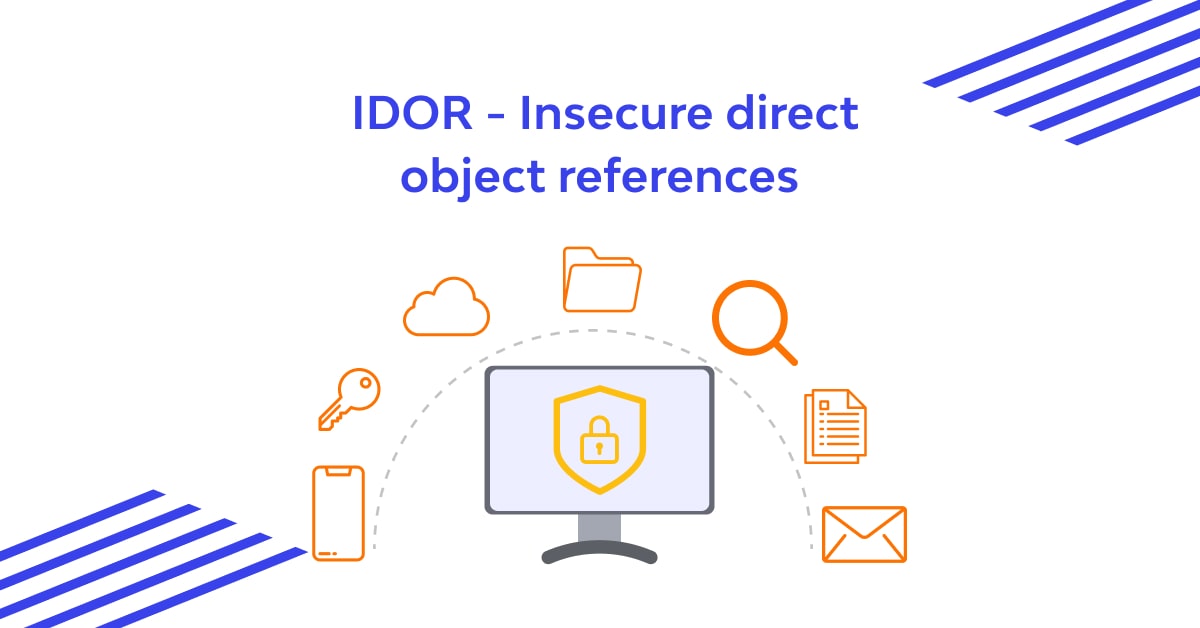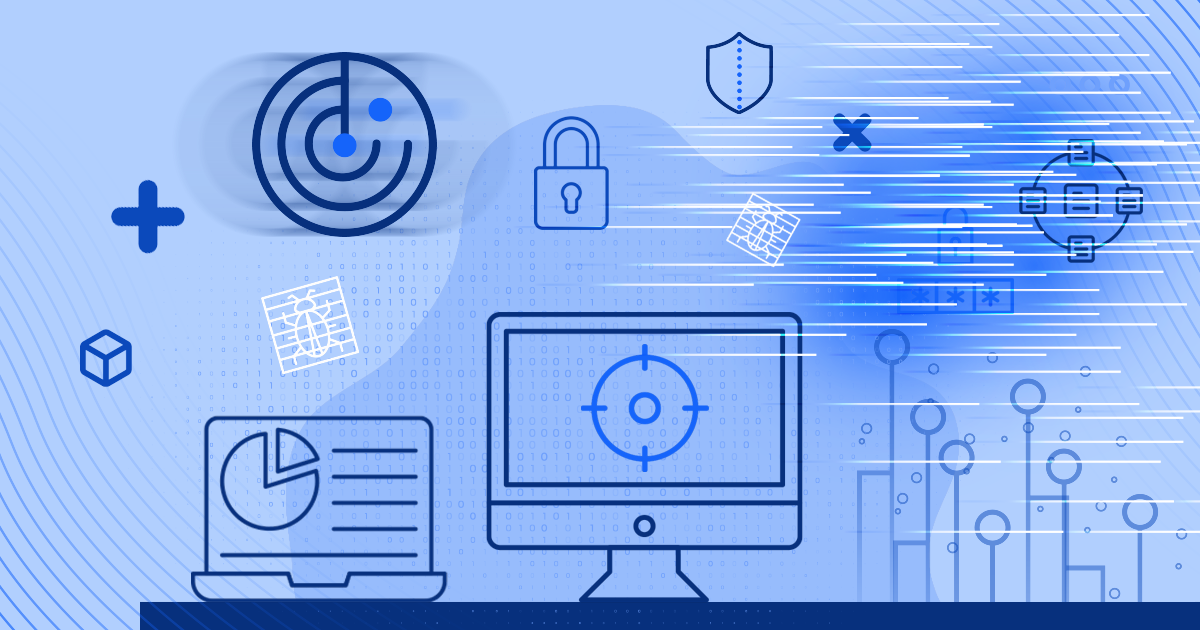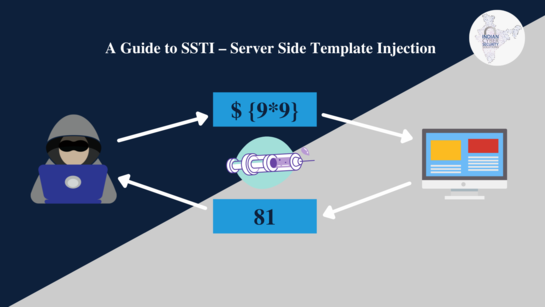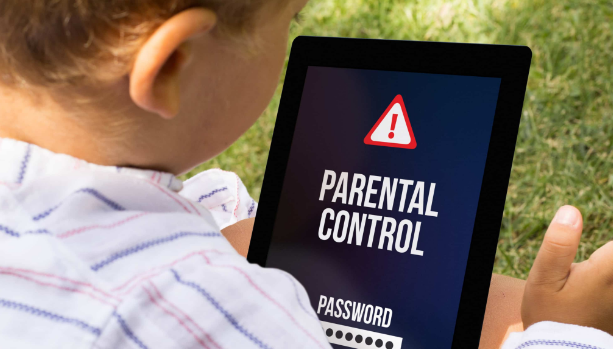
The internet can be a great resource for kids, but it can also be a dangerous place. Here are some tips on how to keep your kids safe online.
Talk to your kids about online safety.
The first step is to talk to your kids about online safety. Explain the risks that they face online, such as cyberbullying, online predators, and inappropriate content. Talk to them about how to stay safe, such as not sharing personal information online, being careful about who they talk to online, and reporting anything that makes them uncomfortable.
Set up parental controls.
There are a number of parental controls that you can set up on your kids' devices. These controls can restrict their access to certain websites, block inappropriate content, and track their online activity.
Monitor your kids' online activity.
It's important to monitor your kids' online activity. This doesn't mean that you have to read every email or text message that they send, but you should be aware of the websites that they visit and the people that they talk to online.
Use a secure internet connection.
When your kids are using the internet, make sure that they are using a secure internet connection. This means using a password-protected Wi-Fi network or a VPN.
Teach your kids about online privacy.
Explain to your kids the importance of online privacy. Help them to understand that they should not share personal information online, such as their full name, address, or phone number.
Use age-appropriate apps and websites.
There are a number of apps and websites that are designed for kids. Make sure that your kids are only using apps and websites that are appropriate for their age.
Be a role model.
Kids learn by watching what their parents do. If you want your kids to be safe online, you need to be safe online yourself. This means using strong passwords, being careful about what information you share online, and being aware of the risks.
Report problems.
If you see something that makes you concerned about your kids' safety online, report it. This could be something like cyberbullying, inappropriate content, or an online predator. You can report problems to the website or app that you are using, or to the authorities.
Conclusion
By following these tips, you can help to keep your kids safe online. Remember to talk to your kids about online safety regularly, and be sure to update your parental controls as your kids get older. By working together, you can help to create a safe and positive online experience for your kids.
Additional Tips
Use a firewall and antivirus software.
Keep your software up to date.
Teach your kids about phishing scams.
Talk to your kids about sexting.
Set screen time limits.
Encourage your kids to use positive online behavior.
By following these tips, you can help to keep your kids safe online and make sure that they have a positive experience.

